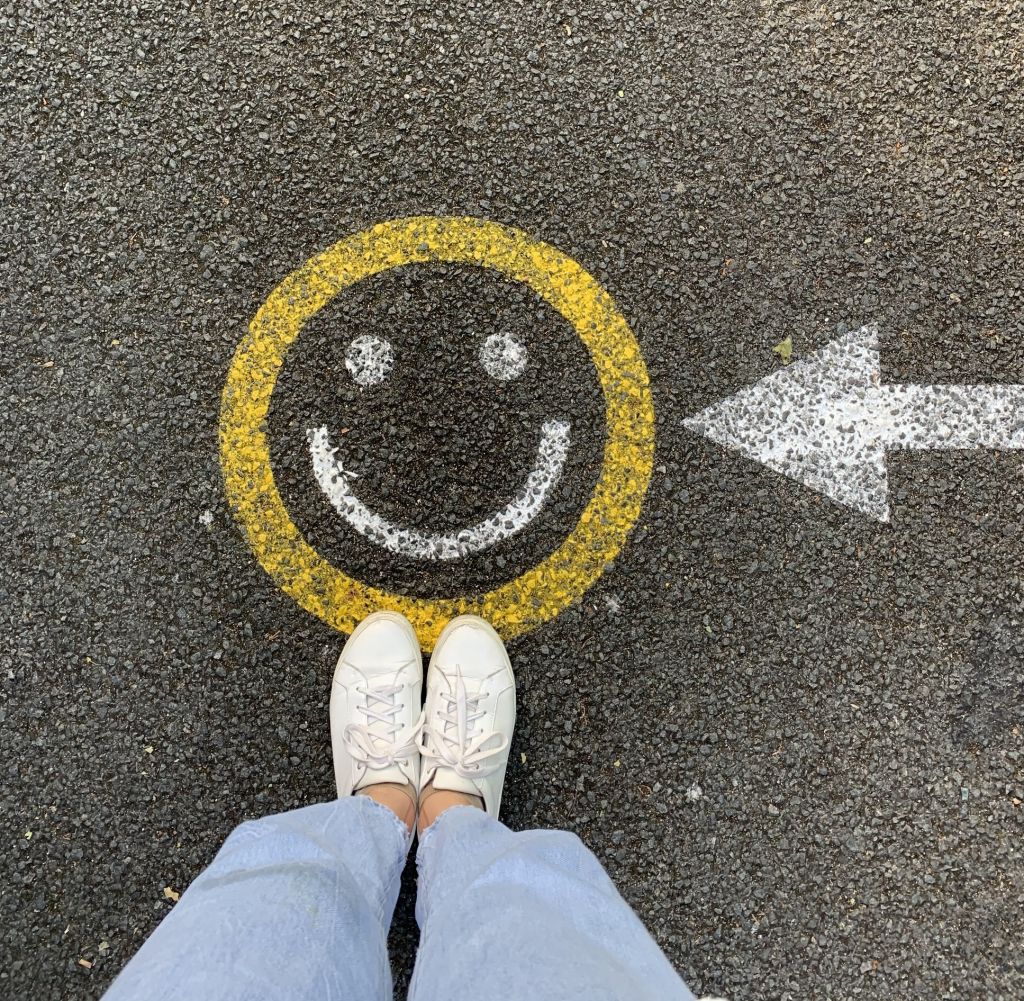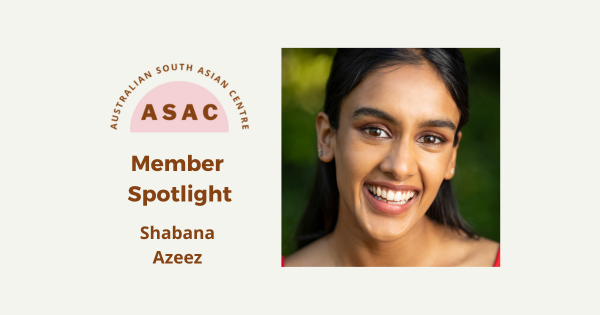6 New Year’s Goal Setting Habits for 2022 & Beyond
As someone who loves making lists, I see goal-setting as a valuable tool all year round.
And while I see the benefit in making New Year’s Resolutions, I think we can all agree that the way society treats the time between Dec 31 and Jan 1 is incredibly artificial.
With the difference of a day, we don’t magically become new people just because a new calendar year has begun. So although I don’t believe in the concept of ‘New Year, New Me,’ I do believe that with consistent effort and dedication we can make positive changes in our lives as the year unfolds while honouring who we are in the present moment.
With this in mind, here’s how I’m setting my 2022 New Year’s resolutions.
How to set goals in 2022
1. Continue Building on Past Goals
I don’t believe that you have to scrap previous years’ goals to mark a New Year resolution. There’s so much merit in carrying over the progress we made in previous years and continuing to build on that growth, rather than wiping the slate clean.
Don’t restrict yourself to a calendar year if what you’re working on needs more time. Let’s normalise multi-year, ongoing goals that exist beyond 12 months! I find planning for long-term goals a sustainable way to make real and lasting changes in my life and maintain new skills.
If possible, turn your goals into daily/regular habits and/or systems embedded in your schedule. When this happens, it’s easier to organically reach goals (sometimes without realising it!) because it’s something that you’re working towards consistently and incrementally.
2. New Resolutions don’t have to start on Jan 1.
Don’t wait to start new goals until January 1 rolls around, start them whenever it feels right for you.
If you develop an interest in painting in November, why wait another 2 months to get started? Think of how much you’ll have gained with those extra 2 months of learning and practice. (This is also why this article was published after January! I elaborate more on this in habit #4!)
3. Set Realistic Goals
As the foremost expert on your life, you know what you’re capable of, your limits, your current workload, and where your interests lie. Avoid common pitfalls by being honest with yourself about what you can achieve, what you have time to do, and what you’re truly interested in. It’s easy to fall into the trap of aspirationally wanting to attain a skill or an achievement, that you or society thinks is valuable when actually you’d prefer to spend your time doing something entirely different. Working this out sometimes takes looking back at past incomplete goals and reflecting on why you didn’t follow through, in order to not repeat the same patterns of behaviour (if you’re still interested in those goals and want to achieve a different outcome. If not, see habit #5).
But also remember to be kind and compassionate to your future self. Know that you’re doing your best to create goals with the information you have available at the time, but this information and your circumstances can change between now and a few months from now – and it’s important to be flexible and adapt to changing circumstances.
4. Follow Your Own Timeline
Take the time you need to figure out what you want to do. This might look like days, weeks or months to different people with different goals. Rushing your resolutions isn’t advisable because when we make rushed decisions, we don’t always make the best choices or achieve the outcomes we want.
That might mean waiting to wrap up ongoing projects that you started last year, and that’s okay. Taking your time to start new projects, so you have the necessary resources/ capacity to see them through is a key part of goal setting and long-term planning. Doing otherwise is setting yourself up to get burn-out. So do yourself a favour by stacking the odds in your favour and creating conditions that will ensure your success.
5. Know when to quit
Contrary to popular belief and ‘inspirational’ quotes about hustling and never giving up, it’s actually normal, healthy and strategic to regularly reassess goals and reexamine if they’re still something you want to pursue. We’re constantly growing and changing as we move through the world, and this in turn can shift our priorities.
You are not weak, lazy, or a failure by consciously deciding to not pursue a goal or choosing to redefine it. It shows self-awareness, maturity and growth. Don’t let old dreams, habits or expectations keep you tied to a future you no longer want. Letting them go is necessary to grow and become the people we are striving to be and achieve our new dreams.
Life can be unpredictable and the last 2 years have been an ever-present reminder of that. It doesn’t mean we have to shy away from setting goals, but it does require having the courage to accept and adapt to change.
There’s so much to be learned from reflecting on what no longer serves us, it can help us to save time and be more intentional about where we direct our energy.
Checking in with yourself and your goals quarterly and/ or at the half-year mark can help with tracking progress. It also gives you the ability to see what’s working and what’s not.
And remember, not meeting a goal is not a failure if you learn something new about yourself during the process. All experiences are valuable, even the ones where things don’t go to plan. Those are probably the ones we learn the most from.
6. Remember to have fun!
This can be easy to forget when we’re deep into planning for the year ahead and thinking about our professional and personal development goals. From reading one too many books on goal setting, I’ve found that the general consensus is to: enjoy the process, rather than fixating on the final destination. How we approach our goals, colours our experience and our perception of our capability.
It helps to include process-orientated goals in your resolutions, rather than focusing only on outcome-based goals. E.g. Practice (X skill) for (Y) minutes, daily. For someone studying a new language, this could mean: Practice new vocabulary words for 15 minutes, daily. By breaking down our goals into actionable steps, as opposed to aspirational statements, they’re easier to commit to, implement and track our progress of.
Reassess your goal if it’s something you don’t actually want to spend time doing. Maybe try reframing it in a way that makes it more appealing to you. Setting goals should come from a place of growth and internal fulfilment. Your goal/s should be something you want to do. If it’s not, see habit #5.
Good luck!
I hope you found some of these goal setting habits helpful as you go about planning your year ahead.
And just a reminder in case anyone hasn’t mentioned it to you lately: if you don’t want to, you don’t have to set any new years resolutions. It’s okay to be exactly who you are in this moment; you are enough. Sometimes this gets lost in the discourse around self-improvement and professional/personal development. It’s completely valid to just live your life and appreciate the present.
Wishing you all a happy new year wherever you are on your journey!











